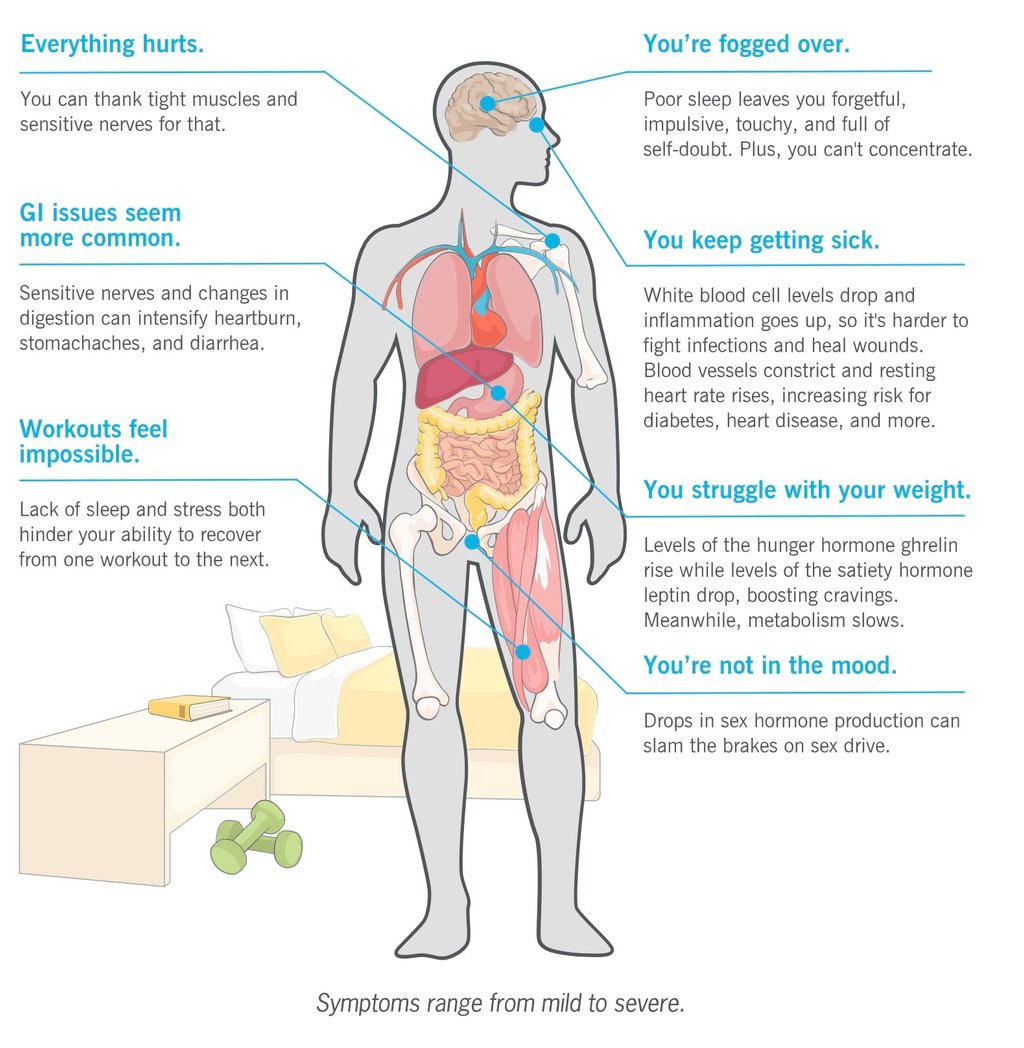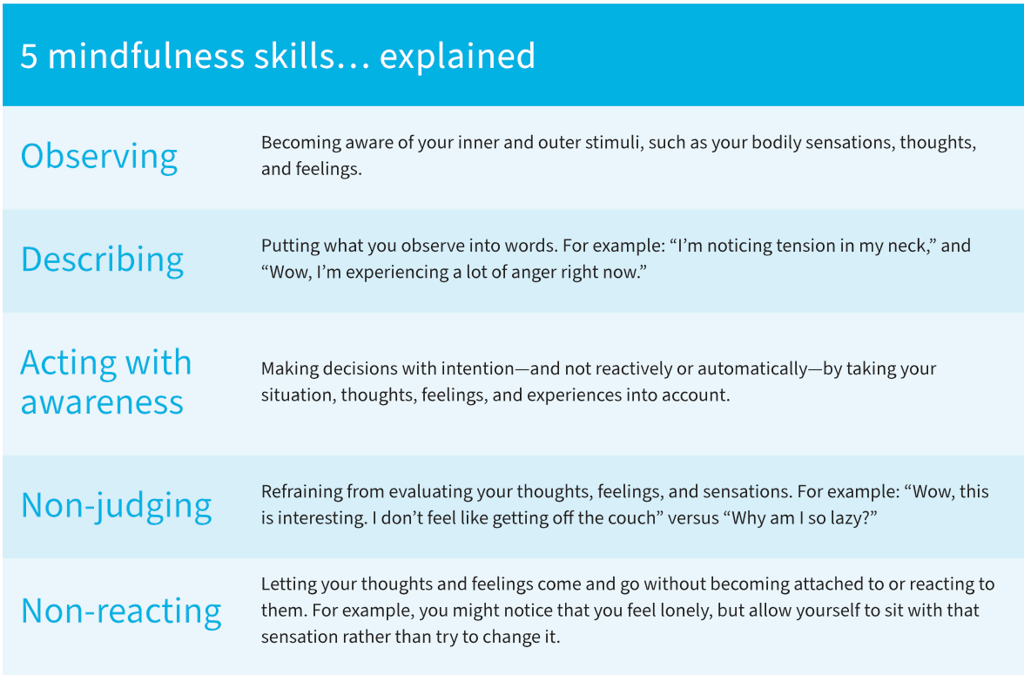Mindfulness: A way to alleviate burnout?
Recent studies have shown that mindfulness can help address burnout.
3/12/20243 min read


Really tired?
Overwhelmed? Convinced you’re surrounded by “idiots”?
You might be burned out—a condition that makes it incredibly difficult to cook healthy meals, eat veggies, nail workouts, get a good night’s sleep, and practice other healthy behaviors.
Thankfully, an easy-to-learn mindset shift might help, finds a new randomised controlled trial out of Finland.
The study
After identifying over 200 employees with burnout, researchers split study participants into two groups.
Group #1: In addition to standard burnout treatment, these study participants got 8 weeks worth of mindfulness classes. Twice a day, six days a week, participants did 10-15 minutes of mindfulness meditation. They also brought mindfulness into their daily activities.
Group #2: These burned-out individuals received standard treatments, but no mindfulness training.
Over 10 months the researchers measured how five mindfulness skills affected the three main symptoms of burnout: exhaustion, cynicism, and reduced professional efficacy.
What the study found
The mindfulness intervention helped alleviate all burnout symptoms beyond standard treatment alone.
Though each of the 5 mindfulness skills proved effective during the first 8 weeks of the study, only the skill of “non-judging” continued to counteract exhaustion during the months after the initial intervention had ended. For cynicism and professional efficacy, the skills of describing and observing were also key.
1. Keep an eye out for signs of burnout.
How can you tell iif you are burned out? The researchers offered a few helpful clues.
Consider whether you are:
Complaining of exhaustion, saying things like, “I’m just snowed under” or “I’m just so run down.”
Sounding cynical, making comments like, “Who cares?” and “I don’t know why I bother.”
Lacking confidence, perhaps saying, “It’s impossible for me to do a good job.”
Here’s a little more detail on how stressors like burnout can manifest.


2. Talking about relaxation techniques can sometimes make you feel even more overwhelmed.
It’s not necessarily that you don’t believe in the power of relaxation or mindfulness. It’s more that you just can’t imagine yourself fitting in one more thing. That’s why it can be helpful to reframe mindfulness as a daily practice you can do in small chunks—and in conjunction with other activities. For example, you might try mindfully: Washing the dishes, observing how the soap and water feels and smells. Eating, by slowing down and noticing every nuance of your meal’s flavor. Walking, by mentally observing and describing what you see and experience, without reacting to it. For example, you might notice that snow makes a crunching sound under your feet, but not ruminate over the “terrible” weather.
3. If you are interested in mindfulness, the mind-body scan is a great place to start.
To do it, just rest quietly and scan your body from head to toe, observing their physical sensations, without judging or reacting to them. You can use any number of apps—such as Calm or Headspace—for a guided experience. You might consider turning it into an experiment or a challenge, asking yourself, “How do I feel about trying this mindfulness technique for the next two weeks?” You might do it every day before bed, keeping notes on your mood, sleep, and stress level along the way.


Own your wellbeing. Master your leadership. Live your life.
Personalised Coaching for Impactful Leadership & Sustainable wellbeing.
Let’s talk about where you are and where you want to go.
Book a free discovery call to explore what’s possible.
